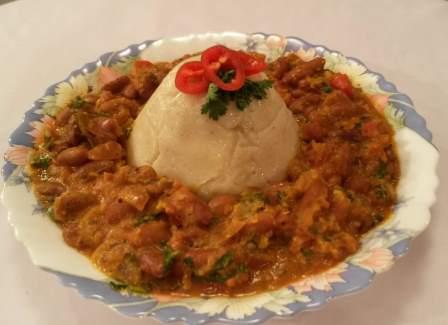Maize Posho Mill: The Heart of Kenyan Food Security

Kenya is a country in East Africa that is known for its economy, diverse wildlife, and multicultural society. The country has a population of over 50 million people, most of whom are engaged in agriculture. Agriculture is the backbone of the Kenyan economy, contributing significantly to the country's Gross Domestic Product (GDP). The majority of the Kenyan population depends on agriculture as a source of livelihood. Maize is a vital staple food in Kenya, with the average Kenyan consuming about 84 kilograms of maize per year.
Maize Posho Mill is an integral part of the Kenyan food culture. It is a type of small-scale milling machine that is used to grind maize into flour. The flour produced by the maize posho mill is used to make Ugali, a type of porridge that is a staple food in Kenya. Ugali is a simple dish made from maize flour and water, cooked until it forms a dense porridge-like consistency. It is an affordable and filling meal that is eaten by most Kenyans.
The word "Posho" is a Swahili word that means "meal." Therefore, Posho mill translates to "meal mill." The Posho mill has become a common sight in most Kenyan villages, providing a source of employment for the youths, and an easy and affordable way to access maize flour for the locals. The machines are mostly run by diesel engines, making them accessible in most parts of Kenya, where electricity is unavailable.
The Maize Posho Mill has played a significant role in enhancing food security in Kenya. With the growing population, the demand for maize flour has only increased, making it expensive and inaccessible to most Kenyans. The Posho mill offers an affordable and accessible way to grind maize into flour, enabling the locals to have their staple food.
However, the Maize Posho Mill industry is not without challenges. The machines are often poorly built, leading to frequent breakdowns that require costly repairs. Additionally, the milling process is not automated, making it a labor-intensive operation. Most youth are not interested in running the machines, preferring to relocate to the cities in search of white-collar jobs. The lack of modern milling technology has also led to lower quality flour production.
To overcome these challenges, the Kenyan government has been promoting the establishment of modern Posho mills that incorporate new technology. These mills are fully automated, making them more efficient and productive. Additionally, the government has set up training centers to teach the youth how to operate these machines and how to maintain them.
Conclusion
In conclusion, the Maize Posho Mill plays a vital role in the Kenyan food security system. It provides an affordable and accessible way for Kenyans to access maize flour, their staple food, and has created employment opportunities for the youth. However, there is a need to invest in modern milling technology to improve the efficiency, quality, and output of the milling process. With the government's support, the Maize Posho Mill industry can continue to play an essential role in enhancing food security and boosting economic growth in Kenya.